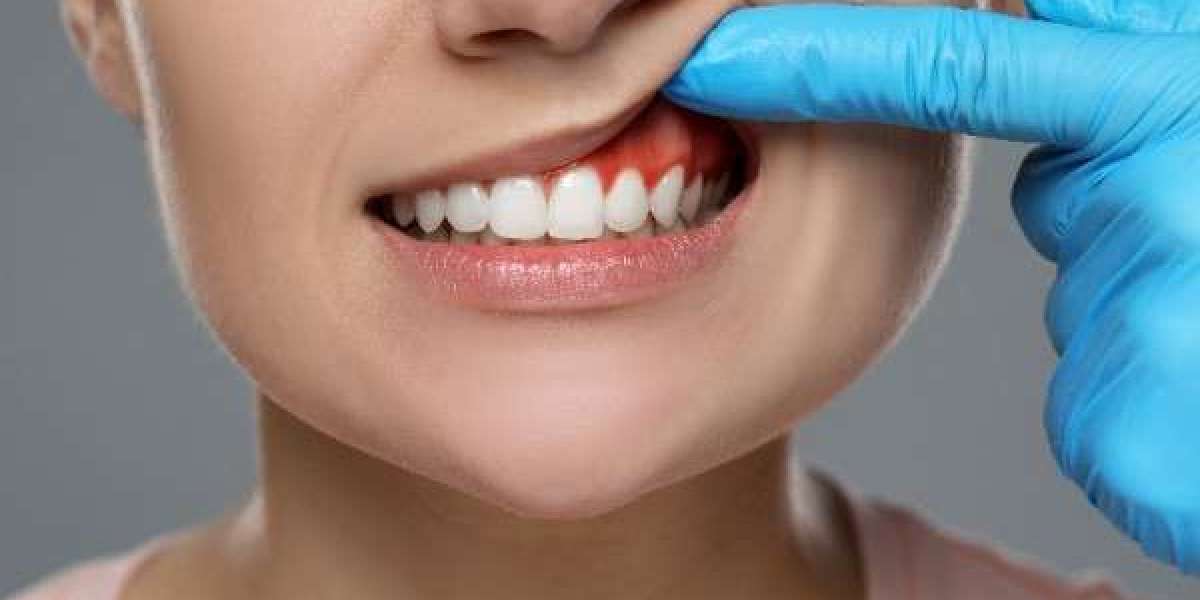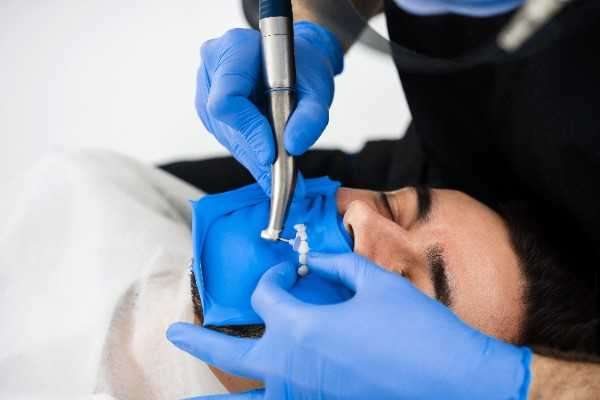Dental pain has a way of arriving uninvited and usually at the worst possible time. Whether it’s a dull ache or a sharp throb, the discomfort can make it hard to eat, sleep, or concentrate. For residents of Dover, managing dental pain starts with knowing what to do and when to act. While pain relief tablets may offer a short reprieve, they rarely fix the root cause. That’s why timely help from an emergency dentist in Dover, alongside regular care from a hygienist in Dover, is key to lasting comfort and oral health. This blog explores how to recognise pain that needs urgent attention, how to manage it, and how to stop it before it starts.
Why Dental Pain Should Never Be Ignored
Unlike headaches or muscle soreness, oral pain doesn’t tend to go away on its own. It’s usually a sign of an underlying issue that needs professional care.
Common causes of dental pain include:
- Tooth decay reaching the nerve
- Infection or dental abscess
- Cracked or chipped teeth
- Wisdom tooth impaction
- Gum disease or recession
- Lost or damaged fillings or crowns
Delaying treatment often results in bigger problems more intense pain, infections spreading, or even tooth loss. That’s why it’s critical to call an emergency dentist in Dover when the pain is persistent or worsening.
How an Emergency Dentist in Dover Can Help
Emergency dentists are trained to diagnose and treat sudden or severe dental issues quickly, often preventing further damage in a single visit.
Situations where you should see an emergency dentist:
- Pain that prevents eating or sleeping
- Swollen face, gums, or jaw
- Knocked-out, broken, or loose teeth
- Bleeding that won’t stop
- A visible abscess or pus near a tooth
- Sharp, throbbing pain not relieved by medication
Early intervention helps avoid complex procedures and restores peace of mind swiftly.
Temporary Relief Measures You Can Try at Home
While you wait for your emergency appointment, a few safe at-home strategies may ease your discomfort.
Effective home remedies include:
- Rinsing with warm saltwater to reduce inflammation
- Applying a cold compress to the cheek (not directly to the tooth)
- Taking paracetamol or ibuprofen as directed (never aspirin if there’s bleeding)
- Sleeping with your head elevated to reduce blood flow and swelling
- Avoiding very hot, cold, or sweet foods
- Not chewing on the affected side
These are short-term solutions. Always follow up with an emergency dentist in Dover to treat the root cause.
When to Act – Pain Types and What They Could Mean
Type of Pain | What It Might Indicate | Next Step |
Mild, occasional sensitivity | Early tooth decay, enamel erosion | See a hygienist in Dover for cleaning & advice |
Throbbing, one-sided pain | Nerve infection, abscess | Contact an emergency dentist in Dover |
Pain when chewing | Cracked tooth or loose filling | Book a same-day dental appointment |
Sharp pain after hot/cold | Worn enamel, deep cavity | Schedule check-up before it worsens |
Gum soreness or bleeding | Gingivitis or gum disease | Visit hygienist in Dover for periodontal care |
Pain with swelling or fever | Infection, likely requiring antibiotics | Emergency dentist care urgently required |
The Role of a Hygienist in Dover in Long-Term Pain Prevention
Emergency visits are crucial when pain strikes — but ongoing hygiene care helps prevent most of these issues from ever happening.
Why seeing a hygienist regularly matters:
- Removes plaque and tartar buildup that lead to cavities
- Detects early signs of gum disease
- Monitors enamel wear and gum recession
- Offers personalised brushing and flossing tips
- Improves breath and overall oral hygiene
- Supports dental care plans tailored to your needs
A hygienist in Dover can often catch a problem before it becomes painful and stop it in its tracks.
Avoiding Common Triggers of Dental Pain
Understanding what can trigger discomfort helps you avoid it altogether.
Habits and conditions to avoid include:
- Skipping daily brushing and flossing
- High-sugar diets or frequent snacking
- Chewing hard items like ice, pens, or popcorn kernels
- Grinding or clenching your teeth at night
- Ignoring dental check-ups or cleanings
- Using your teeth as tools (like opening bottles)
Protect your smile by making smarter choices and visiting your hygienist in Dover every 6 months.
What If Pain Returns After Treatment?
Sometimes, pain may linger after treatment due to healing or adjustment. However, if discomfort persists beyond 48–72 hours, it may point to another issue.
Follow up if you notice:
- Increasing intensity of pain
- New swelling or discharge
- Difficulty eating or speaking
- Pain in a different tooth or area
- Fever or general fatigue
A repeat visit to the emergency dentist in Dover ensures your mouth is healing properly and nothing has been missed.
How Delayed Treatment Makes Things Worse
Many people try to “wait out” dental pain, hoping it will pass on its own. But unlike a mild headache or muscle soreness, toothache often signals progressive issues that worsen over time.
Consequences of delaying dental care:
- Increased infection risk– Untreated cavities or abscesses can spread to the jaw, face, or bloodstream.
- Tooth loss– What starts as sensitivity may end in extraction if decay reaches the root.
- Costlier treatment– Early fillings cost less than root canals or crowns.
- Prolonged discomfort– Ongoing pain affects your ability to eat, sleep, and focus.
- Systemic health risks– Chronic oral infections may impact heart health and diabetes control.
Calling an emergency dentist in Dover early reduces both your pain and your expenses — and could save your tooth.
Why Personalised Advice from Your Hygienist Matters
No two mouths are exactly the same. That’s why generic brushing tips might not address your specific oral health needs.
A hygienist in Dover can help by:
- Assessing your brushing technique and recommending changes
- Suggesting the best products for your condition (sensitivity, decay, gum disease)
- Creating a hygiene plan if you wear braces, dentures, or implants
- Identifying early enamel wear from grinding or acidic foods
- Monitoring for conditions like dry mouth that increase cavity risk
- Giving dietary advice to support your dental goals
Your hygienist in Dover offers not just a clean, but a strategy personalised care that protects your smile for the long run.
Conclusion
Managing dental pain effectively starts with recognising when it's more than just a minor issue. For residents of Dover, swift help from an emergency dentist in Dover can offer real relief and stop serious problems from escalating. Ongoing support from a hygienist in Dover further protects your oral health, helping you avoid painful flare-ups in the future. Don’t wait until pain takes control of your day — the right dental care, at the right time, makes all the difference. EDP Group is here to provide both urgent attention and preventive solutions to keep your smile strong, healthy, and pain-free.





